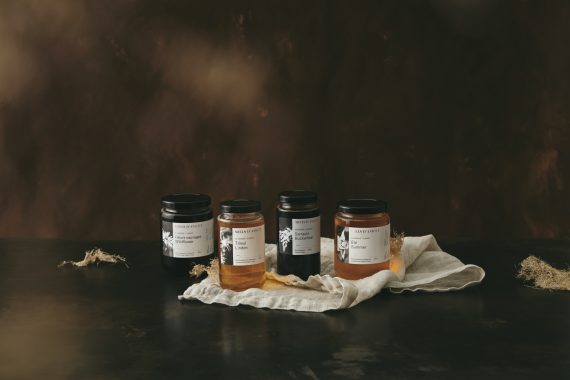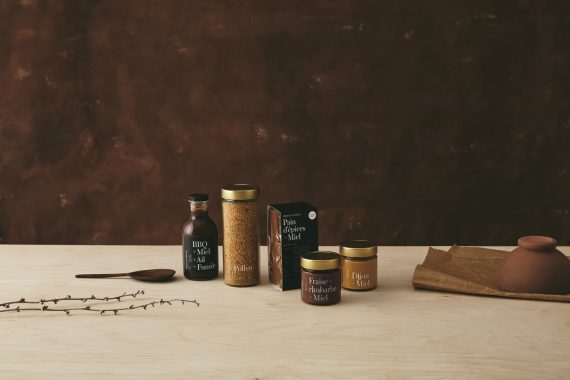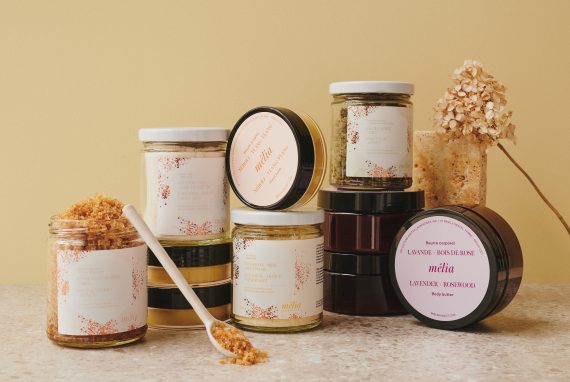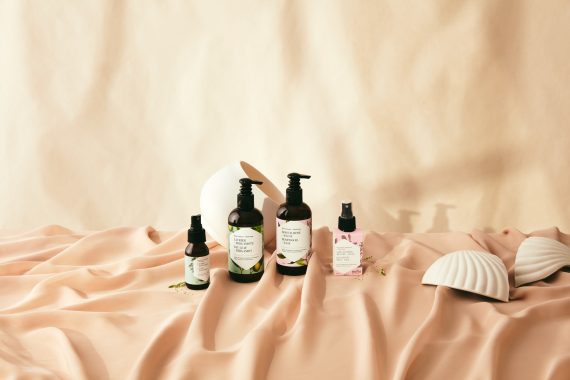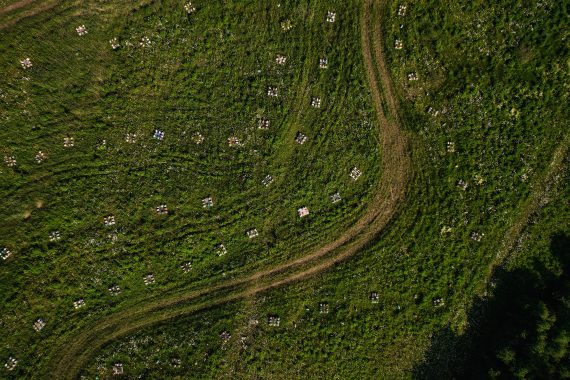
Queen bee breeding
Our queen breeding center has been operating for over 20 years with the utmost respect for bees, nature, and the environment. Our genetic material has been tested under high environmental pressure against current pathogens affecting bees.
Our order portal
2026 orders are now open!
Quantities are being reserved quickly, book now through our order portal.
A resilient succession
With the current crisis of massive mortality in bee colonies, building a stock of bees that are naturally resistant to environmental pressures is essential. The queen bee breeding center at the farm focuses on natural selection criteria, including hardiness, disease tolerance, honey production, overwintering capacity, spring development, and the adaptability of the bees to their territory and environmental conditions, in order to provide the beekeeping industry with high-quality queens.
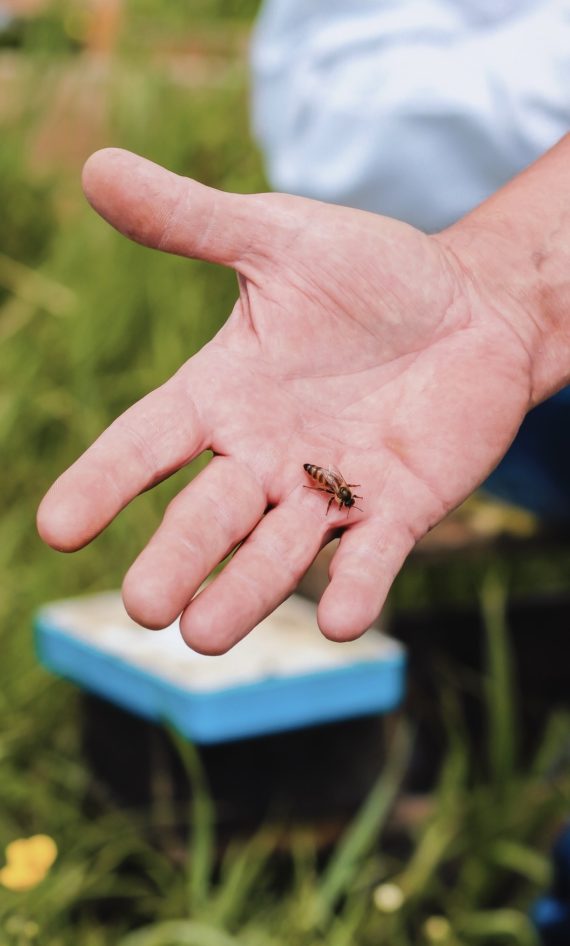
Defending against varroosis
Our breeding approach prioritizes a selection that enhances the natural resistance of bees against varroosis, in order to contribute to the most natural and gentle beekeeping possible for our bees in Quebec.
Facing Varroa destructor, viruses, and various pathogens, bees constantly fight for their survival, which drives ACHL to breed queens from resistant strains through the introduction of multiple genetic materials for over 20 years: Primorsky Russian line, Canadian Carniolan line, Minnesota hygienic Italian line, and VSH (Varroa sensitive hygienic) line, as well as strains from fellow beekeepers across North America.
The foundation of our work to address this issue is based on the VSH behavioral trait, as we strongly believe it represents one of the most powerful resistance mechanisms against varroa.
The observation of this behavior in our bee colonies has been significantly intensified over the past few years. We believe it represents the best integrated pest management tool that we, as beekeepers, can utilize to date.
We use organic acids and essential oils while avoiding the introduction of chemical agents into the environment. By promoting robust and productive colonies, the queens from ACHL represent a strong promise of survival for bees against the pathogens that infest the beekeeping industry.
Breeding program
Our apiary consists of 1,200 colonies, dedicated to honey production and the breeding of 10,000 to 12,000 queens annually. Our queen breeding center benefits from two fertilization stations, totaling 3,200 nucs in the Laurier-Mont region. Located over 250 km away from any other commercial beekeeping operation, our site in Ferme-Neuve enjoys complete geographical isolation, allowing us to maintain the authenticity of the lines and avoid the risks of genetic contamination.
Genetics
Since 2010, our queen breeding center has been collaborating with the team at the Deschambault Animal Health Research Centre (CRSAD) in partnership with Laval University, under the direction of Dr. Pierre Giovenazzo
The research projects we participate in primarily focus on the genetic selection and breeding of bees, the overwintering of colonies, bee nutrition, and integrated pest management against the parasite Varroa destructor, all within a northern context using single brood chamber overwintering.
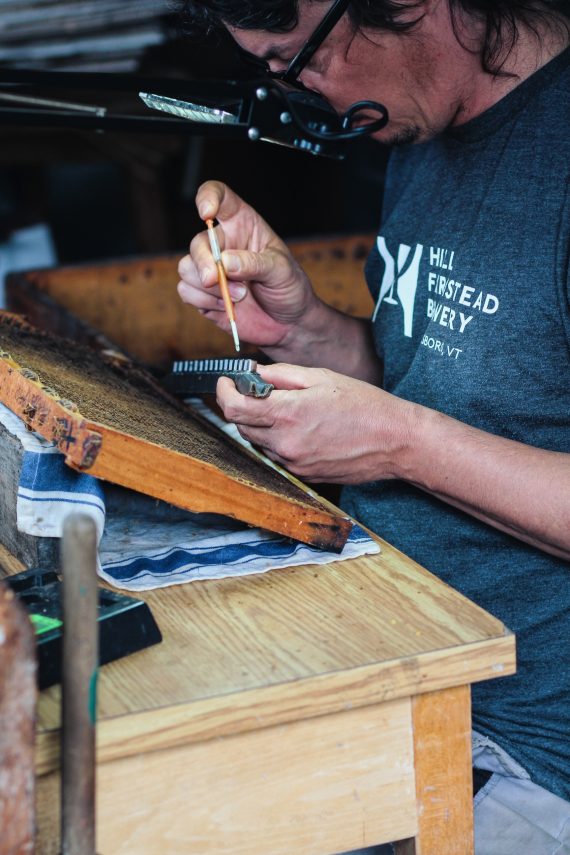
Queen bee sales
2026 orders are now open!
Quantities are being reserved quickly, book now through our order portal.
Genetic material
Carniolan & Italian hybrid
The main criteria of our genetic selection base are:
Please note that our queens are not marked.
Harvesting and transportation
The queens are caged every Monday morning to be shipped by the end of the day, from May 27 to mid-September. Shipments are sent via Canada Post Priority 24h (48h for remote areas) in JZ BZ cages with a few worker bees.
Our team conducts daily follow-ups on shipments to quickly address any issues.
For more information about the shipping service, please refer to this link.
Responsibilities & mortality
Our commitment is to harvest and cage queens according to a strict protocol for selecting subjects, grafting, fertilization, and caging.
Given the nature of the goods being shipped, live insects, Api Culture Hautes Laurentides Inc is not responsible for any mortality related to transportation. Therefore, no refunds will be issued for this reason.
Nucs
The farm does not sell nucs.

